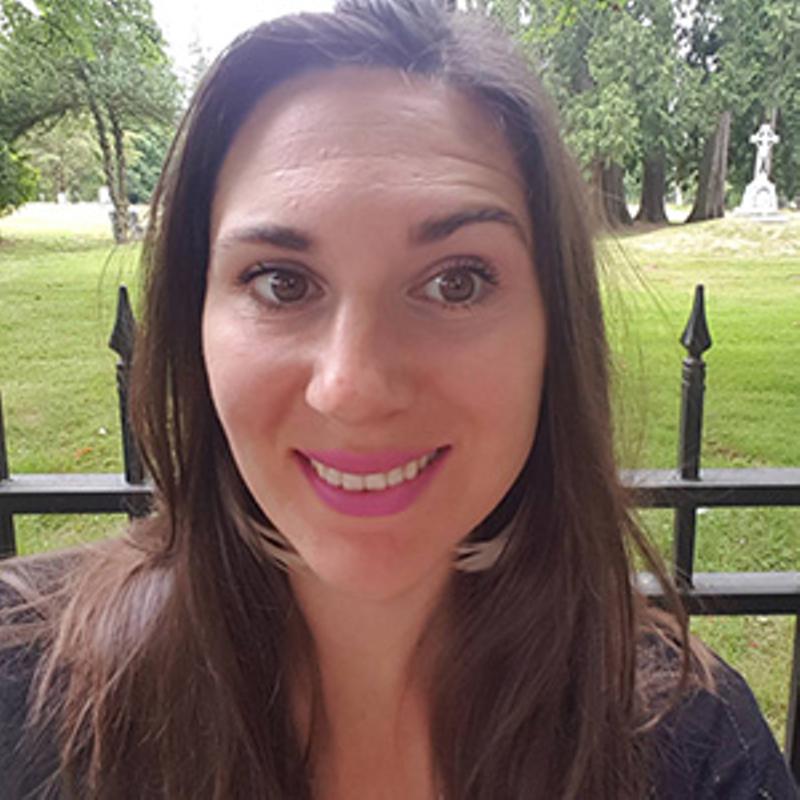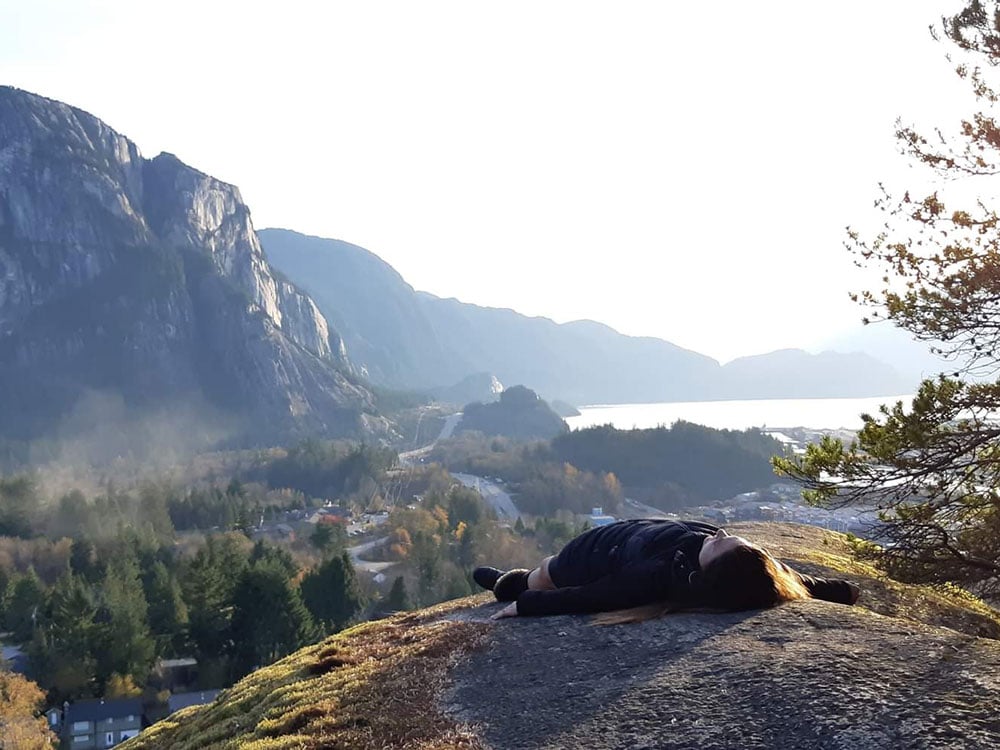She gave me hope, this Elder. She gave me a connection. And she gave me solace at a time when it was truly needed.
I met her a year and a half after I had been in a car accident. In addition to the accident, I was young and had just worked my first adult job in a transition house with women and children leaving abuse. That job left my soul broken. I wasn’t ready for that kind of trauma, and it haunted me for well over a year after I left that position.
I lived in daily physical agony from my injuries. I had injuries to my spine and neck, and a concussion that went untreated and undiagnosed for still years to come after this — concussions were just not taken that seriously back then. The care for them now seems to have improved a lot since.
When I met with the Elder, I was struggling to say the least. I was in so much pain and getting no real answers from medical professionals. Sometimes I felt suicide was not just an option, but it was quickly becoming my only option.
I sat with her, and she saw me. She looked so deeply into me, that she told me she could feel the pain I was in, too.
Then she spoke of blood memories.
She said everything we experience is remembered by our bodies — and our blood keeps memories too. Any weight that my ancestors may have carried, any trauma they experienced, and any joy and wisdom they had, is passed down to me.
I don’t know to what extent science has found this to be true. I know there are studies done on mice that show that trauma from a parent can change the biology and the behaviour of their offspring. And I know there is talk of epigenetics, and the effect on multiple generations.
At that time in my life, I really hadn’t even scratched the surface of what my relatives had gone through during their lives.
In Indigenous circles, we talk about intergenerational trauma a lot. What our mothers, our fathers, our grandmothers, and grandfathers, and their mothers and fathers and grandmothers and grandfathers, and so on, have been through that continues to affect us.
And we give thought to how what we do, and experience, will impact those generations to come.
I remembered that in that transition house, the children always seemed so pained. The expressions on their faces were not the same joyful ones you see on so many other kids while playing or interacting with others. They had worries no child should feel. I can only imagine the true extent of all the violence they witnessed. Little bodies should never have to feel this weight.
I remembered a child who on one occasion just screamed and cried inconsolably for an hour, to an extent that almost made me cry. I knew he was crying for things I could not see, but that only he knew.
I also remembered a woman who once screamed at me for not caring about her, when I had only been at her home to work with her teenager. As she was screaming, I didn’t know if she was going to attack me or break down crying.
As I grew into adulthood years later, I came to understand that what that woman showed me was the damaging effect of a broken bond between a mother and a child, or a caregiver and a child. That is also the trauma left behind by residential schools and murderous colonial tactics — things my own family has had to recover from through the generations.
The Elder told me to breathe. She told me I needed to learn to breathe. I told her that I always forget to breathe — I so often did then. And then she walked me through a deep breathing exercise. With my eyes closed, she had me envision the different parts of my body that were hurting, and had me breathe into them, one by one. I did, and gradually I began to relax. The pain seemed to subside a little.
Slowly, my guard came down, too.
Then the tears started to pour. They rolled down my cheeks, and I blubbered like a child myself.
I cried for me and my pain, I cried for all the children who hurt so much that I could not help. And I cried for all my relatives and the suffering they had to endure. I cried for all of that.
It was so powerful, and so cleansing.
When I finally stopped crying, she told me to come back and see her again in a few weeks.
“And until then, bathe,” she said, “Bathe in salt water and baking soda, and let the pain dissipate. Mother Earth will take it.”
Then she Smudged me, and gave me a hug.
I think she hugged all of us in that moment.
Happy holidays, readers. Our comment threads will be closed from Friday, Dec. 23 until Tuesday, Jan. 3 to give our moderators a well-deserved break. See you in 2023! ![]()
Read more: Indigenous, Health

















